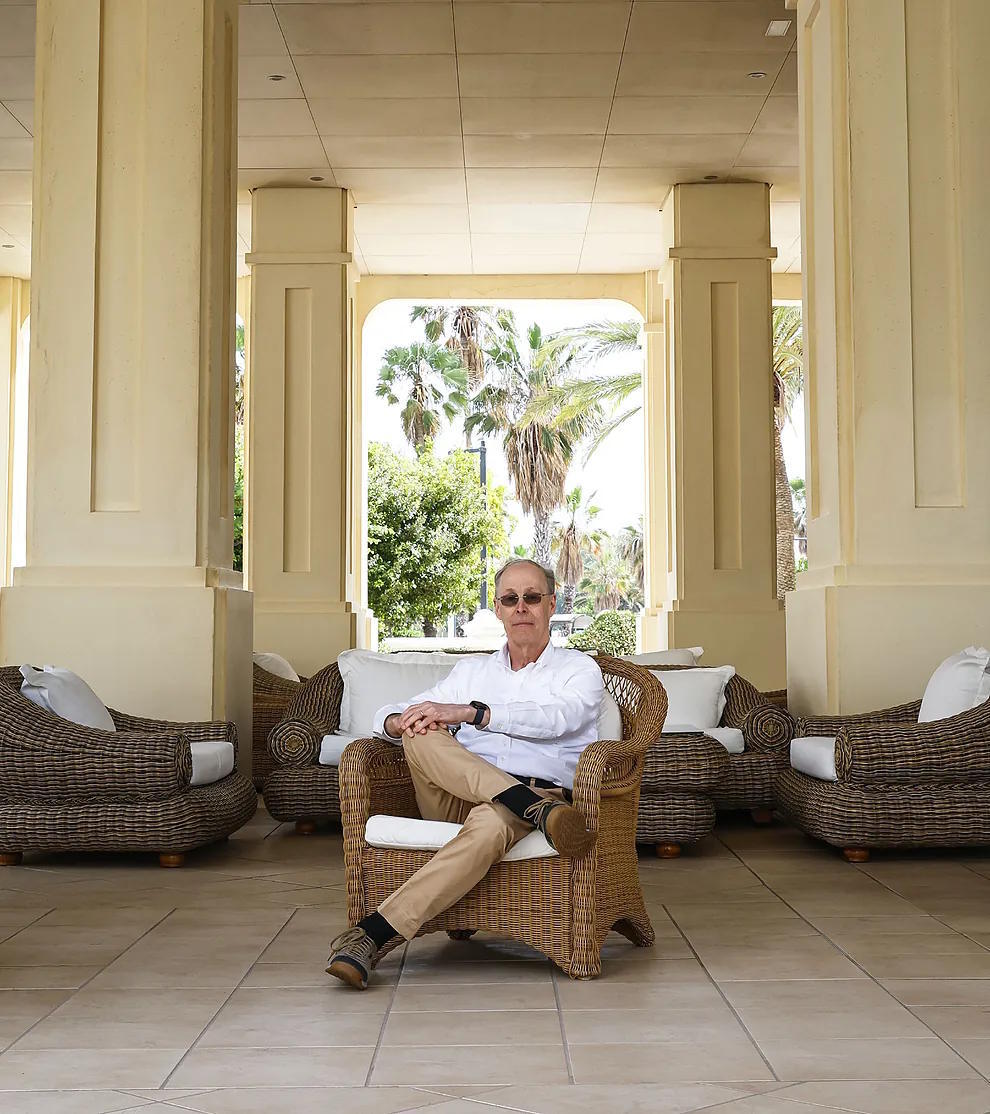Douglas Diamond (Chicago 1953) came to economics by process of elimination. He was originally studying to be a biologist - he was enthusiastic about studying the human genome - but in university, he encountered Organic Chemistry. "Too much memorization, and I'm not good at memorizing." He then remembered the book by economist Paul Samuelson that he had read with interest in high school and thought why not try the career that much of his family was dedicated to.
Young Douglas was attracted to economics, but he almost gave up: "At first, it seemed quite trivial to me, but then I learned that it wasn't, but rather that it came easily to me." It must have been true because just a few days before turning 69, he was awarded the Nobel Prize in Economics in 2022, along with Ben Bernanke and Philip H. Dybvig. The jury recognized his work in explaining how vulnerabilities in banks can lead to "devastating financial crises" like the one in 2008.
Diamond, who visited Valencia a few days ago to participate as a judge in the Rey Jaime I Awards, only agreed to grant this interview. Indeed, what the Nobel Prize has not helped him with is understanding such an "unusual" character as Donald Trump.
"There is the theory of crazy Trump and the theory of crazy genius, who threatens to cause problems to then solve them himself. It is totally possible."
"I don't think he wants to destroy universities, but the reform that Trump is pushing for is a death sentence."
